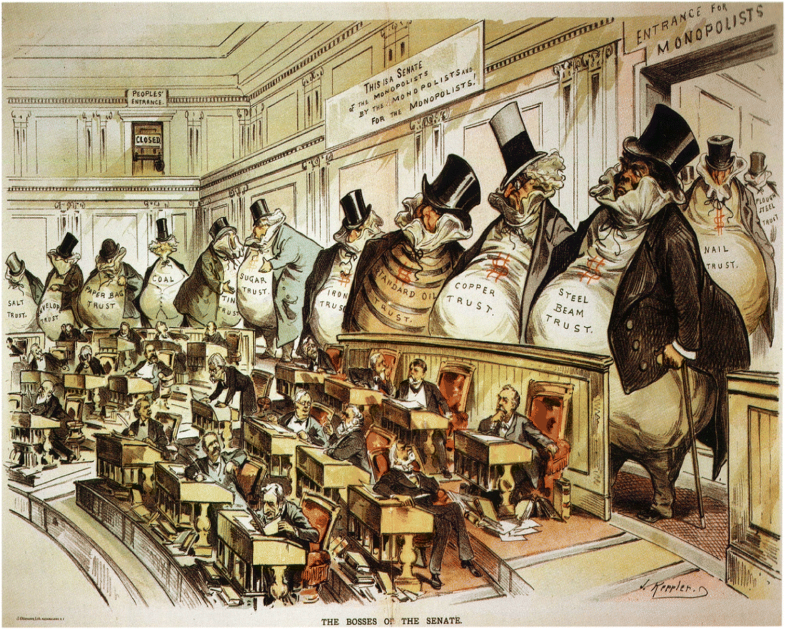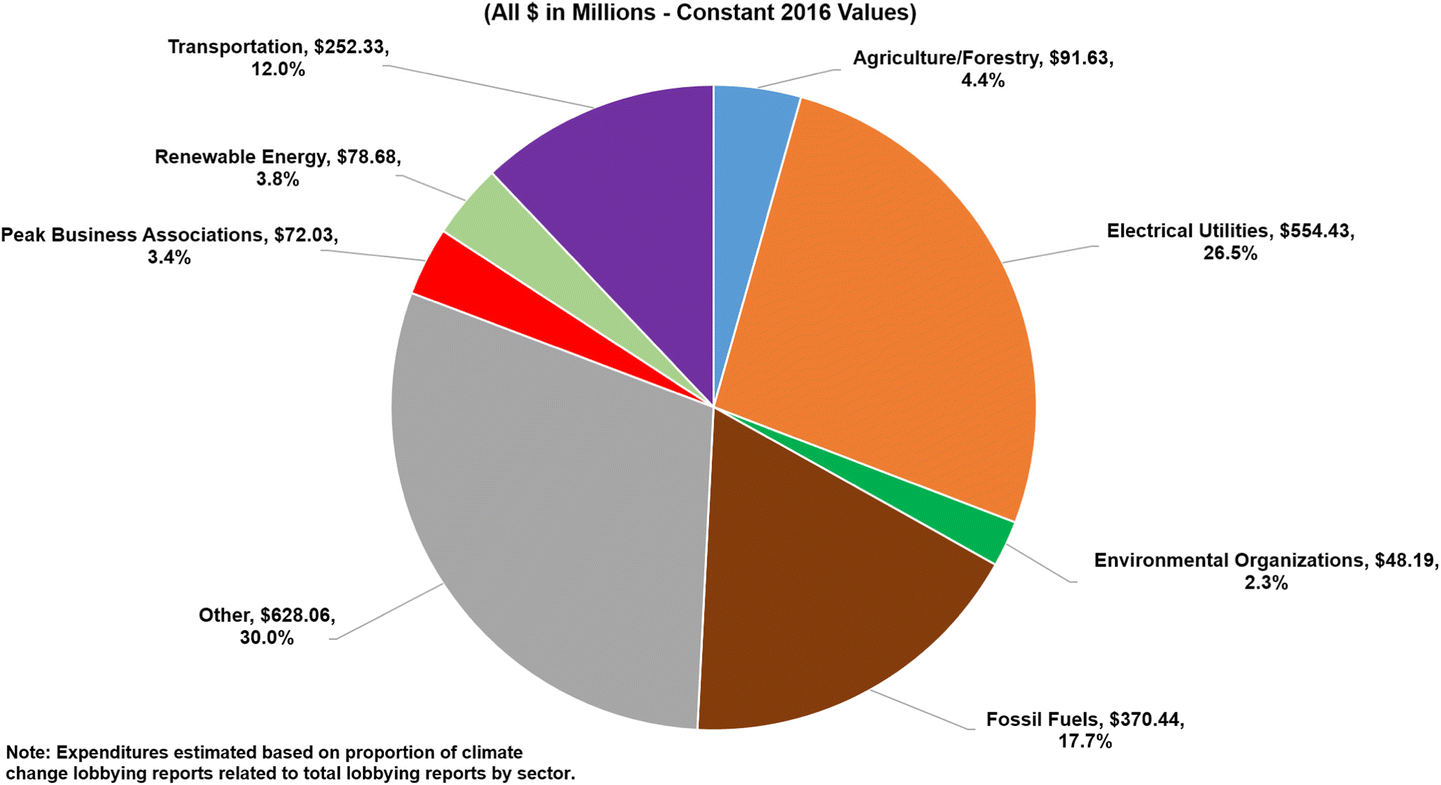This is a copy of an old post from "Some are Boojums", which no longer exists. I don't think I ever knew who SaB was and I certainly don't now. I'm copying it here to make it more widely available; this copy is from the
Internet Archive. Astonishingly, I could get away with just cut-n-pasting it; all the pix auto-link to the archive versions, and the formatting seems good. Take it away...
In Dashiell Hammett’s story
The Golden Horseshoe, much of the action takes place in a bar of that name in Tijuana. At one point the narrator, an operative for the Continental Detective Agency, kills a few strategic seconds by studying the decorations:
I was reading a sign high on the wall behind the bar:
ONLY GENUINE PRE-WAR AMERICAN AND BRITISH WHISKEYS SERVED HERE
I was trying to count how many lies could be found in those nine words, and had reached four, with promise of more …
Sometimes I come across an article, web posting, advertisement or other statement that makes me feel when I read it just as I imagine the Continental Op did in that Tijuana bar.
How can they possibly pack so much misinformation into such a small space?
To honor exceptional achievement in mendacity, I would like to present the Golden Horseshoe Award to that writer who has out-performed his or her peers in density of false statements per column-inch.
To receive the first Golden Horseshoe Award, I can think of no more worthy recipient than Zbigniew Jaworowski.
First, a few introductory remarks.
There is a
robust consensus among climate scientists that the concentrations of certain gases in the atmosphere, most notably CO
2, have been rising over the past two centuries, largely due to
humanactivities, and that this increase
is causing a general warming of the earth’s climate. Because many scientists also expect this warming to have
undesirable consequences, proposals have been advanced to limit emissions of those gases. The most important of these is the treaty known as the Kyoto Protocol. And because those proposals are disliked by a variety of groups for a variety of reasons, there has been a lot of attention lavished by those groups on anyone who will undermine the rationale for emissions-limiting proposals, especially Kyoto. Enter Zbigniew Jaworowski, who claims that the consensus regarding increased CO
2 is based on a biased interpretation of the evidence, and purporting to offer evidence to the contrary. Such an argument is hugely appealing to many who do not want to believe that human beings have any important influence on climate. For this reason, the statement has been widely reprinted by climate change contrarians, for example
here.
This post is an examination of the Jaworowski statement, and the Golden Horseshoe Award is a celebration of just how mind-bogglingly wrong, from beginning to end, it manages to be.
Jaworowski makes several specific assertions that the methodology used in atmospheric measurements from ice cores is flawed. Each and every one of these assertions is mistaken.
He makes sweeping accusations of data manipulation by climate researchers. Those accusations are unsupported by any evidence, direct or indirect.
These extravagant claims of bias and dishonesty in the scientific community reveal a deep misconception of the state of climate research, and of the scientific process generally.
Jaworowski’s statement is not likely to help the public understand the state of our planet’s climate and the process by which scientists go about investigating it.
In fact, there is so much wrong with this statement that it’s hard to know where to start. Here’s a map:
Let’s start at the beginning.
(1) ” …written for the Hearing before the US Senate …”
The statement opens with the following subhead:
Statement written for the Hearing before the US Senate Committee on Commerce, Science, and Transportation
March 19, 2004
In fact, there is
no evidence that Jaworowski gave testimony before the US Senate on March 19, 2004, or at any time in the past two years, or that anyone in the US Senate has ever seen him or the statement.
(2) ” … about 20 [papers] on climate research.”
Jaworowski does not need to have credentials as an expert in gas measurement from ice cores in order to criticize those who do have them; if his arguments are valid, they can stand on their own. But being perceived as an expert elevates one’s credibility, at least at first. To pick up a little of that luster, he leads off with a recitation of his ice-related activities, including 40 years in glacier studies, 11 expeditions to measure “natural and man-made pollutants” in glaciers, and extensive studies of dust and lead in the environment. But when we look for Jaworowski in the literature, he seems never to have done any primary research on the extraction and measurement of gases in ice. Later on, Jaworowski says that climate researchers’ motives are suspect. But when it suits his purposes, he is happy to claim to
be a climate researcher.
All this is not to say that Jaworowski’s name has been unknown to print in recent years. He
has had an article in
21st Century Science & Technology,published by
Lyndon Larouche. Need I say more?
(3) ” … contains liquid water …”
This is just one of many deceptive statements, delivered in rapid-fire. Jaworowski likes to point to some published result, hint at a problem with measurement of gases in ice cores, and move on quickly. He says:
This is because the ice cores do not fulfill the essential closed system criteria. One of them is a lack of liquid water in ice, which could dramatically change the chemical composition the air bubbles trapped between the ice crystals. This criterion, is not met, as even the coldest Antarctic ice (down to –73oC) contains liquid water[2].
Mulvaney, Wolff and Oates were
reporting on concentrations of H
2SO
4 in
extremely tiny volumes at the boundaries between ice crystals. Many of Jaworowski’s claims reveal a lack of understanding of the relevant chemistry, but it is unlikely that even
he believes that significant quantities of CO
2 are dissolved in these interstitial volumes.
(4) ” … 20 physico-chemical processes …
As we sift through Jaworowski’s claims, one striking feature jumps out at us: for his most aggressive claims, he seems to be his own authority.
For example, we have
More than 20 physico-chemical processes, mostly related to the presence of liquid water, contribute to the alteration of the original chemical composition of the air inclusions in polar ice[3].
In peer reviewed publications I exposed this misuse of science [3, 9].
[I]n 1993, glaciologists attempted to prove experimentally the “age assumption”[10], but they failed[9].
An ad hoc assumption, not supported by any factual evidence[3, 9], solved the problem …
Reference [3] is a
1992 article in The Science of the Total Environment,co-authored with Segalstad and Ono. Reference [9] is a
1994 review article by Jaworowski in Environmental Science and Pollution Research.The 1992 article is an ambitious attempt to identify all the things that could possibly go wrong with measurement of gases in ice cores. That is a worthwhile goal in itself — science is supposed to be self-correcting, and defining a problem is the first step toward a solution. But Jaworowski
et al. present no solutions. Instead, the list of “20 physico-chemical processes” turns out to be a laundry-list of undefined mechanisms supposed to affect the reliability of ice-core measurements, with no theories offered as to
how they might affect results, or suggestions as to how they might be mitigated or compensated. The 1994 paper is a shorter version of the 1992 paper. Its primary virtue is that it elicited a reply by Hans Oeschger, who
tore it to shreds.
(5) ” … all air bubbles disappear ..”.
Jaworowski describes the clathrate transformation in a fundamentally misleading way. With increasing depth and pressure, the air bubbles trapped in the ice are steadily compressed. Clathrates appear at depths of several hundred meters (700 - 1300m for GRIP), and coexist with air bubbles over a wide range of depths, until all air bubbles disappear (Shoji and Langway (1983) reported that “air bubbles disappeared completely between 1500 and 1600m”). Upon decompression, the clathrate crystals revert to gas, with the bubbles expanding as the ice relaxes. These physical processes, as well as the fractionation Jaworowski describes, have been extensively studied, and are routinely taken into account (for example, by
Indermuhle et al.) in reconstructing atmospheric records from ice cores. The reality is nothing like a mysterious and uncontrollable process of bubbles disappearing only to return as “microscopic grenades.”
(6) ” … contaminates them with the drilling fluid …”
Jaworowski knows perfectly well that drilling fluids, for example butyl acetate, are chosen to have minimal interaction with the studies that will be performed; also, that sample handling is a well worked-out technique and is conducted with excruciating care. Most of these developments were in place long before Jaworowski wrote his 1994 paper, as Hans Oeschger
reminded him at that time. That he continues to spread this falsehood is disgraceful.
(7) ” … microscopic grenades …”
Jaworowski lets on that clathrate crystals “explode”, presumably fracturing the samples beyond usefulness. He cites Shoji and Langway (1983) as support for the statement “In the bubble-free ice the explosions form a new gas cavities and new cracks.” But what Shoji and Langway actually observed was the expansion of pre-existing bubbles, and new bubbles from air hydrate inclusions, over a period of days — in what would have to qualify as one of the most languid “explosions” on record:

In fact, the bubbles in ice samples are substantially intact up to the point they are crushed. This is something Jaworowski seems to have gone to a lot of trouble not to know.
(8) ” … values lower than in the contemporary atmosphere …”
It is puzzling that Jaworowski makes claims that are so easily checked and shown to be untrue. CO
2 levels
vary widely within deep cores, and are well correlated with climatic changes, as indicated by independent measures such as (for example)
the type and composition of organic residue in ocean sediments.
(9) ” … a clear inverse correlation …”
[WMC: note: see Gavin's comment, at the end]
See last comment. Anyone who is interested can go to the
Greenland Summit site, get the data and plot it. Let’s plot CO
2 vs. depth for one of the GRIP cores and look for a “clear inverse correlation”:

Worth a thousand words, ain’t it?
(10) ” … CO2 concentration … was ‘too high’ …”
Here, Jaworowski begs meaning with the quotation marks around “too high”, as if one of the researchers had issued a memo complaining about the data. This is just one of the many misleading rhetorical tricks Jaworowski employs in lieu of evidence.
(11) ” An ad hoc assumption …”
Again, Jaworowski imputes base motives to other researchers, and cites (who else?) himself in support. In fact, Neftel
et al.’s methods were perfectly sound, and their results have been backed up by multiple independent studies.
(12) ” … but they failed.”
No, they didn’t. The experiments demonstrating the age of the firn-ice transition, and of the air trapped above and below that depth, have been quite successful, a fact Jaworowski has been diligently ignoring at least
since 1992.
(13) ” … ignored the evidence …”
Slocum said
no such thing. Does Jaworowski think that no one will bother to look up his references?
(14) ” … a biased selection …”
Among Jaworowski’s citations, this is my second favorite. He actually has the spectacular brass to take a figure from a paper that
agreed with Callendar’s choice of data, redraw it and offer it as evidence that Callendar was biased! He also fails to cite Fonselius
et al. (1956) properly in this statement, and claims that it is a criticism of Callendar (1958), which requires a time warp, but those are venial sins compared to the rest.
(15) “A study of stomatal frequency …”
This is one of the few new arguments — that is, not just warmed over from the 1992 paper — made in this statement. Unfortunately for Jaworowski, it is bogus. In fact, studies of stomatal response to CO
2concentration across several species have shown
“Without evolutionary changes, SI and SD may not respond to atmospheric [CO2] in the field and are unlikely to decrease in a future high CO2 world.” In other words, stomatal frequency does not change quickly enough to reveal the rapid changes Jaworowski claims occurred. (Thanks are due to
Yelling for the citation, and to
Dano for pointing out its significance.)
(16) ” … pre-conceived idea on man-made global warming …”
Jaworowski’s contempt for climatologists, and his true purpose in writing this paper, become clearer as he approaches its end. He offers zero evidence that there has been “[i]mproper manipulation, and arbitrary rejection of readings that do not fit the pre-conceived idea on man-made global warming … in many glaciological studies of greenhouse gases.” In fact, the very papers that he cites afford powerful evidence to the contrary. Yet he feels comfortable in making this blanket condemnation of a discipline, because he has support from … (continued in next comment).
(17) ” … exposed this misuse of science …”
Zbigniew Jaworowski, of course! In citing (yet again) his 1992 and 1994 papers, he displays a certain pride in having “exposed” all the bad behavior in the climate science community. But his pride may be misplaced, considering that the only comment
ESPR published regarding his 1994 paper said that it
“deserves little attention.”
(18) ” … not supported from the annual pool of many billion “climatic” dollars …”
Among Jaworowski’s citations, this is my very favorite. Jaworowski knows he has a problem when the overwhelming majority of scientists in the field do not believe as he does. He is not the first to notice this, so he does what others have done in the same situation: he implies that climate researchers are all biased in the same direction because they slurp from the same trough. This an implausible accusation on its face (there is more money to be made
arguing the other side); moreover, there is no evidence to support it. Nevertheless, Jaworowski asserts boldly that
outsiders are far more reliable than the experts corrupted by the fount of government money, and who does he offer as an example?
The gang that couldn’t compute straight!
When choosing an authority to counter the accepted ones in an observational science, it is usually smart to pick one that can tell the difference between degrees and radians. Just a suggestion.
(19) ” … methodically poor paper …”
Look who’s talking.
(20) ” … diagnosed and criticized …”
Nature’s editors might be surprised to hear that they had “diagnosed and criticized” the “apparent scientific weaknesses of IPCC and its lack of impartiality.” The theme of the 1991 editorial was that climatologists could have (and should have) seen coming the political storm that swept over their work, and that policy decisions cannot (and should not) be made by scientists alone:
Global warming will affect not simply physical and biological systems (sea level and agriculture, for example), but the whole fabric of society. But who, at this stage, would guess at the extent to which substantially higher costs for surface transport will change the character of industrialized societies, and affect their productivity? Or how far an effective greenhouse convention will require that the world’s population should also be regulated, and how? These, it should be acknowledged, are the real uncertainties.
The subhead for the 1994 editorial was:
If the threat of global warming is serious (which cannot be denied), it deserves more seemly ways of making authoritative public opinion than that followed at last week’s meeting at Maastricht.
Nature’s criticism of the IPCC was that the organization was sitting on the details of its Maastricht meeting until its secretariat had reviewed them and Cambridge University Press was ready to publish them.
In both the 1991 and 1994 editorials,
Nature leveled serious and legitimate complaints at the IPCC, but “scientific weakness” and “lack of impartiality” are not among them.
(21) ” … IPCC conclusions …”
Jaworowski seems to think that the IPCC consensus on the causes, effects and likely cures for global warming all rest on the assumption of low pre-industrial CO
2 levels, and that if he can just kick out that prop, the whole shebang will come tumbling down. Not so. Even if it were
impossible to gauge the level of CO
2 in the atmosphere before people started changing it, we would still have
direct atmospheric measurementsshowing the increase over the past 46 years, we would still know
how much we are pumping out, and we would still know that CO
2 is a
greenhouse gas. Ultimately, Jaworowski’s campaign to discredit ice-core research is no more than a rear-guard action, but that is all it needs to be.
(22) ” … economically disastrous Kyoto Protocol …”
And so, at long last, we reach the end of this sad exercise — with its reason for being. Kyoto certainly deserves to be debated on its merits, but whether or not its provisions are wise cannot serve as a guide to whether or not the underlying research was conducted properly. Zbigniew Jaworowski is probably sincere in his belief that proposals for emissions reduction are ill-conceived, but his willingness to work backward and conclude that any research supporting those proposals
must be wrong verges on self-delusion. He is now in at least the sixteenth year of a campaign to cast doubt on good research because he disapproves of its uses. In the end, it is not only an insult to the scientific community of which he claims to be a part, but a profound disservice to the public.
This entry was posted on Tuesday, May 17th, 2005 at 6:33 pm
Gavin Says:
Nice work. I think you make one mistake though (comment #9). The Greenland CO2 measurements originally by Oeschger do in fact show a very strong inverse correlation with the water isotopes (not depth). This was initially thought to be a sign of extremely rapid carbon cycle re-organisations during cold periods, but further analysis (and lack of collaboration from the Antarctic cores) showed that there was contamination in these cores from dust and other contaminants (which have much greater concentrations during cold periods). Thus the Greenland CO2 results are not reliable. However, the Antarctic ones (which have been replicated in numerous cores) do not suffer from this problem due to the much smaller level of contaminants in the ice. That is why all the reconstructions use Antarctic data.
Yelling Says:
Excellent analysis of Jaworowski. Especially good is the tracking of his Hearing before the US Senate.
I was not familiar with either 21st Century Science & Technology, or Lyndon Larouche (I blame it on being Canadian). So I actually took a look at his article. While I am not in favor of the idea that one bad piece of work taints other work, I will make an exception for this article. My review of it is in this thread at Quark Soup. Search for the word “21stcentury ”
Refs
*
Recommending Rahmstorf



 Via
Via  Just accepting the numbers is no fun; you'll expect me to quibble them so I will.
Just accepting the numbers is no fun; you'll expect me to quibble them so I will.
